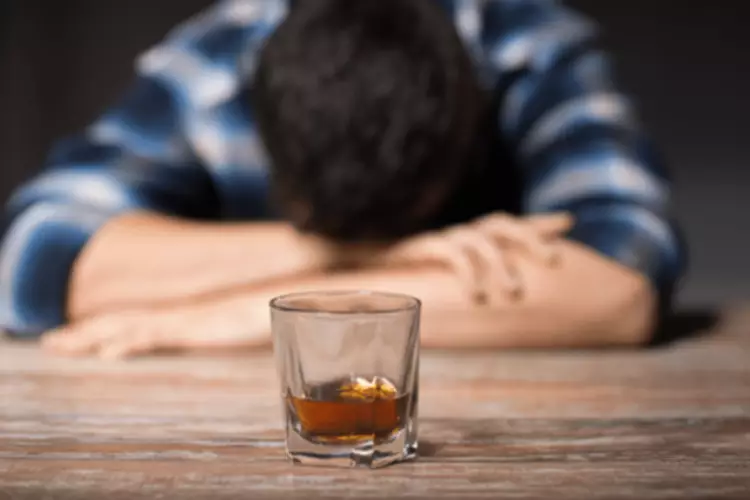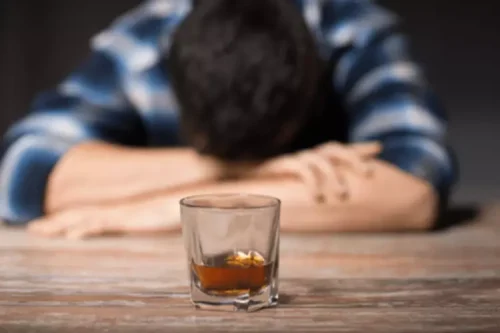
That’s why recognizing the signs and getting help is so important. For example, a person may become dependent on a pain medication prescribed by their doctor. While the person has difficulties physically withdrawing addiction vs dependence from the drug, they don’t have an intense or compulsive psychological or physiological need for it. Addiction is marked by a change in behavior caused by the biochemical changes in the brain after continued substance abuse. Substance use becomes the main priority of the addict, regardless of the harm they may cause to themselves or others.
Substance Abuse

While these terms are often used interchangeably, they each represent different aspects of substance use and related disorders. If you believe you have an addiction, it’s never too late to look for help. Working with a health care professional will allow you to explore the options to treat your addiction.

CONSULTING SERVICES
- For example, African Americans are genetically more tolerant toward certain drugs used to dilate the pupils, such as ephedrine.
- Addiction often stems from a complex interplay of genetic, environmental, and personal factors.
- Only trained and licensed medical professionals can provide such services.
- What these strategies are depends on the substance or behavior a person wants to stop.
However, this informative content is intended for educational purposes only. It is by no means a substitute for professional medical advice, diagnosis, or treatment. With regard to any addiction-related health concerns, you should always seek the guidance of a qualified, registered physician who is licensed to practice medicine in your particular jurisdiction. You should never avoid or delay seeking professional health care advice or services based on information obtained from our website. When people use the term “dependence,” they are usually referring to a physical dependence on a substance. Dependence is characterized by the symptoms of tolerance and withdrawal.
Do I Need 12-Step Program for Alcohol?
Sometimes, a well-timed intervention can be the catalyst that starts recovery. The process may be challenging, but it’s one filled with possibilities. With the right support, people can overcome dependence and addiction and reclaim their lives. According to the American Psychiatric Association (APA), addictive substances like alcohol and drugs cause changes in the brain that trigger intense cravings for the substance. When you are substance dependent, you may struggle with aspects of your normal daily life like school, work, self-care, and relationships. It can also lead to risky behaviors, health problems, legal issues, behavior changes, and other problems that have a reverberating effect on every area of your life.

- Addiction is serious and requires proper help and support to recover.
- Long-term exposure to a drug level leads to body adaptations that develop over weeks or months.
They will not be able to control their body’s need (i.e. compulsive cravings) for the drug, and will do what it takes to keep using. However, other forms of drug dependence can cause significant withdrawal symptoms. For some substances, such as alcohol, suddenly stopping it can be dangerous. In these cases, treatment involves gradually tapering off the drug over a set period to reduce withdrawal effects. They can diagnose your condition or refer you to a healthcare provider who can.




